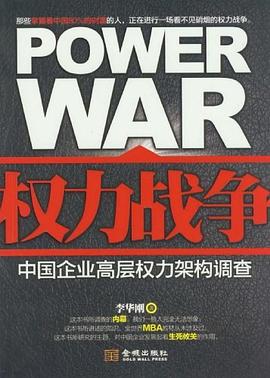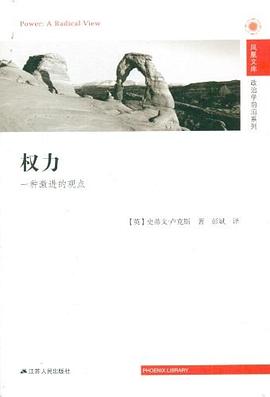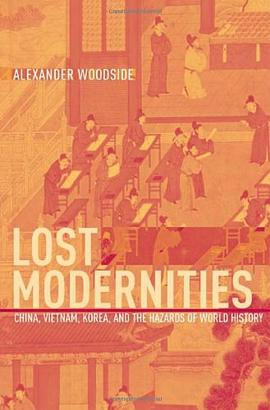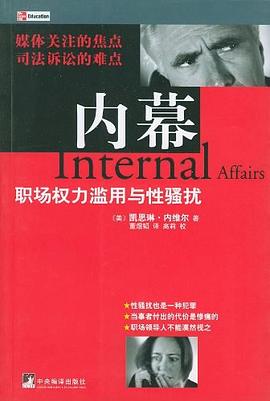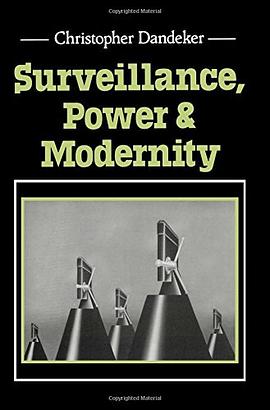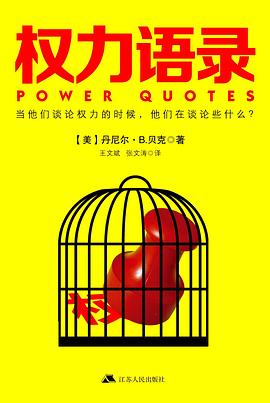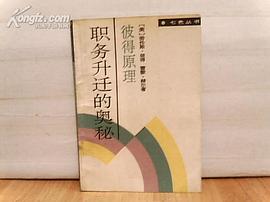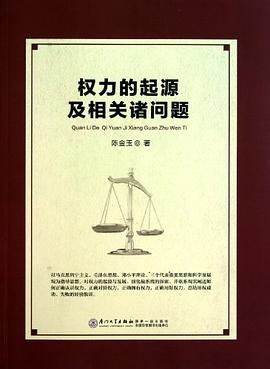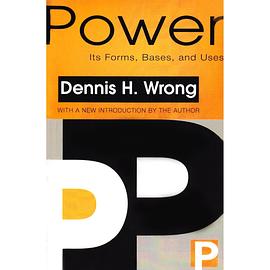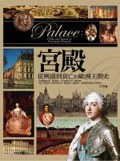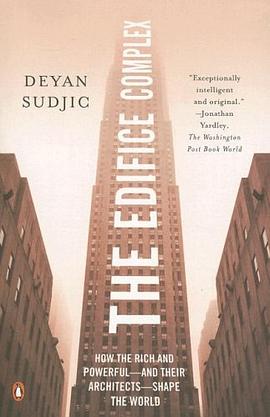

具体描述
Rejecting the traditional values of political theory, Machiavelli drew upon his own experiences of office in the turbulent Florentine republic to write his celebrated treatise on statecraft. While Machiavelli was only one of the many Florentine "prophets of force," he differed from the ruling elite in recognizing the complexity and fluidity of political life.
Translated by George Bull
Introduction by Anthony Grafton
作者简介
Niccolò Machiavelli (born May 3, 1469, Florence-died June 21, 1527, Florence) Italian statesman, historian, and political theorist. He rose to power after the overthrow of Girolamo Savonarola, was appointed secretary and Second Chancellor to the Florentine Republic in 1498. Working as a diplomat for 14 years, he came in contact with the most powerful figures in Europe. He was dismissed when the Medici family returned to power in 1512, and during the next year he was arrested and tortured for conspiracy. Though soon released, he was not permitted to return to public office. His famous treatise The Prince (1513, published 1532) is a handbook for rulers; though dedicated to Lorenzo de' Medici, ruler of Florence from 1513, it failed to win Machiavelli his favour. Machiavelli viewed The Prince as an objective description of political reality. Because he viewed human nature as venal, grasping, and thoroughly self-serving, he suggested that ruthless cunning is appropriate to the conduct of government. Though admired for its incisive brilliance, the book also has been widely condemned as cynical and amoral, and “Machiavellian” has come to mean deceitful, unscrupulous, and manipulative. His other works include a set of discourses on Livy (completed c. 1518), the comedy The Mandrake (completed c. 1518), The Art of War (published 1521), and the Florentine Histories (completed c. 1525).
目录信息
Introduction
Translator's Note
Selected Books
Machiavelli's Principal Works
Letter to the Magnificent Lorenzo de Medici 1
I How many kinds of principality there are and the ways in which they are acquired 5
II Hereditary principalities 5
III Composite principalities 6
IV Why the kingdom of Darius conquered by Alexander did not rebel against his successors after his death 13
V How cities or principalities which lived under their own laws should be administered after being conquered 16
VI New principalities acquired by one's own arms and prowess 17
VII New principalities acquired with the help of fortune and foreign arms 20
VIII Those who come to power by crime 27
IX The constitutional principality 31
X How the strength of every principality should be measured 34
XI Ecclesiastical principalities 36
XII Military organization and mercenary troops 39
XIII Auxiliary, composite, and native troops 43
XIV How a prince should organize his militia 47
XV The things for which men, and especially princes, are praised or blamed 49
XVI Generosity and parsimony 51
XVII Cruelty and compassion; and whether it is better to be loved than feared, or the reverse 53
XVIII How princes should honour their word 56
XIX The need to avoid contempt and hatred 58
XX Whether fortresses and many of the other present-day expedients to which princes have recourse are useful or not 67
XXI How a prince must act to win honour 71
XXII A prince's personal staff 75
XXIII How flatterers must be shunned 76
XXIV Why the Italian princes have lost their states 78
XXV How far human affairs are governed by fortune, and how fortune can be opposed 79
XXVI Exhortation to liberate Italy from the barbarians 82
Glossary of Proper Names 86
Notes 99
· · · · · · (收起)
读后感
我之前转发潘汉典先生悼文时随口提到商务印书馆出版的潘译本【君主论】因编辑与校对的失责存在不少错误,很多朋友嘱我将错误具体列出来。可惜我不住在中国,短期内很难拿到实体本,而原来友人送的自存本早已在迁居时遗失。目前我可以找到的版本,是网络流传的PDF,既无从得知是...
评分政治哲学是历史的发明,同时也在发明历史,其所关注的乃是如何规范政治来规范历史。因此讨论某种政治哲人理念的时候,总是绕不开对观念谱系的梳理,马基雅维利亦是如此。对一个人的经典化往往是历史积累而来,今日我们耳熟能详的话语在彼时却有开天辟地的意义,不还原历史自然...
评分很显然,马基雅维里是一代政治学导师。真实的太真实的,残忍与冷酷只配俯首于权力之下并供之驱使。不要把它们上升为人性之中阴暗一面,在我看来它比加州阳光还更令人心旷神怡。如果个人作为社会整体的一部分,那在各种需要层次被涵盖满足过后,君主就是自我实现的唯一途径。...
评分如果单独的看《君主论》,我觉得这本书并不特别。但是如果把《君主论》与唐太宗李世民写的《帝范》一起来看的话,就有点意思了。 由于中国自古以来大部分的时间都是一个统一的国家,所以一个皇帝最重要的任务就是维持国家的繁荣稳定,所以《帝范》讲的都是关于国家的治理。 ...
评分我之前转发潘汉典先生悼文时随口提到商务印书馆出版的潘译本【君主论】因编辑与校对的失责存在不少错误,很多朋友嘱我将错误具体列出来。可惜我不住在中国,短期内很难拿到实体本,而原来友人送的自存本早已在迁居时遗失。目前我可以找到的版本,是网络流传的PDF,既无从得知是...
用户评价
马基雅维里的<君主论>. 其实他写得很坦率的, 不像后来一些所谓的"马基雅维里主义者"那么虚伪,冷漠.
评分从政治厚黑学的角度来说显得基础了,了解意大利及佛罗伦萨历史来讲还不错
评分买这种书,有了introduction真是易懂
评分从政治厚黑学的角度来说显得基础了,了解意大利及佛罗伦萨历史来讲还不错
评分想着中国历史就很能理解这本书了
相关图书
本站所有内容均为互联网搜索引擎提供的公开搜索信息,本站不存储任何数据与内容,任何内容与数据均与本站无关,如有需要请联系相关搜索引擎包括但不限于百度,google,bing,sogou 等
© 2026 book.quotespace.org All Rights Reserved. 小美书屋 版权所有






